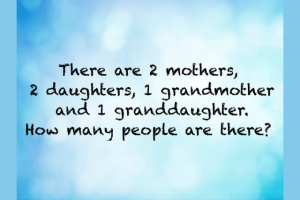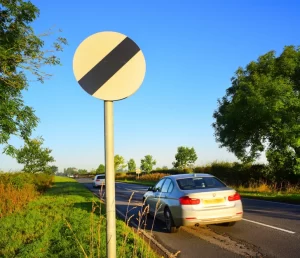A number of famous people, including Halle Berry, Kourtney Kardashian, and Jenna Jameson, have publicly advocated the ketogenic diet, sometimes known as the “keto diet” or just “keto.” By restricting carb intake to 50 grams per day or fewer, the ketogenic diet forces the body into ketosis, when fat is used for energy instead of sugar.
It is unclear why being in a ketogenic state reduces the frequency of seizures, yet medical specialists advocate the ketogenic diet for the treatment of epilepsy.
The advantages of ketogenic diets in lowering seizure frequency in persons with drug-resistant epilepsy were reviewed and endorsed in a July 2021 issue of Frontiers in Nutrition.
The ketogenic diet is a divisive method of losing weight. The unsustainable nature of the diet and the potential health risks have led several medical experts to strongly warn against it. Many who support the ketogenic diet concede that it might be harmful if not done “properly.”
The following should be understood before attempting to use the ketogenic diet as a means of weight loss. While weight loss is possible, you should be aware of the potential for the following complications.
A dietitian at Australia’s Kingston SportsTec Clinic, Kristen Kizer, RD, says that some patients report feeling sick upon entering ketosis. It’s possible to experience things like nausea, vomiting, stomach pain, excessive fatigue, and lethargy. Kizer claims that the ‘keto flu’ often disappears within a few days.
About a quarter of those who attempt the keto diet have these side effects, with fatigue being the most common, according to professional nutritionist and doctor of natural medicine Josh Axe. According to Axe, when your body runs out of sugar, it must start utilizing fat as an energy source. The physical effects of that change alone will leave you weary for many days.





